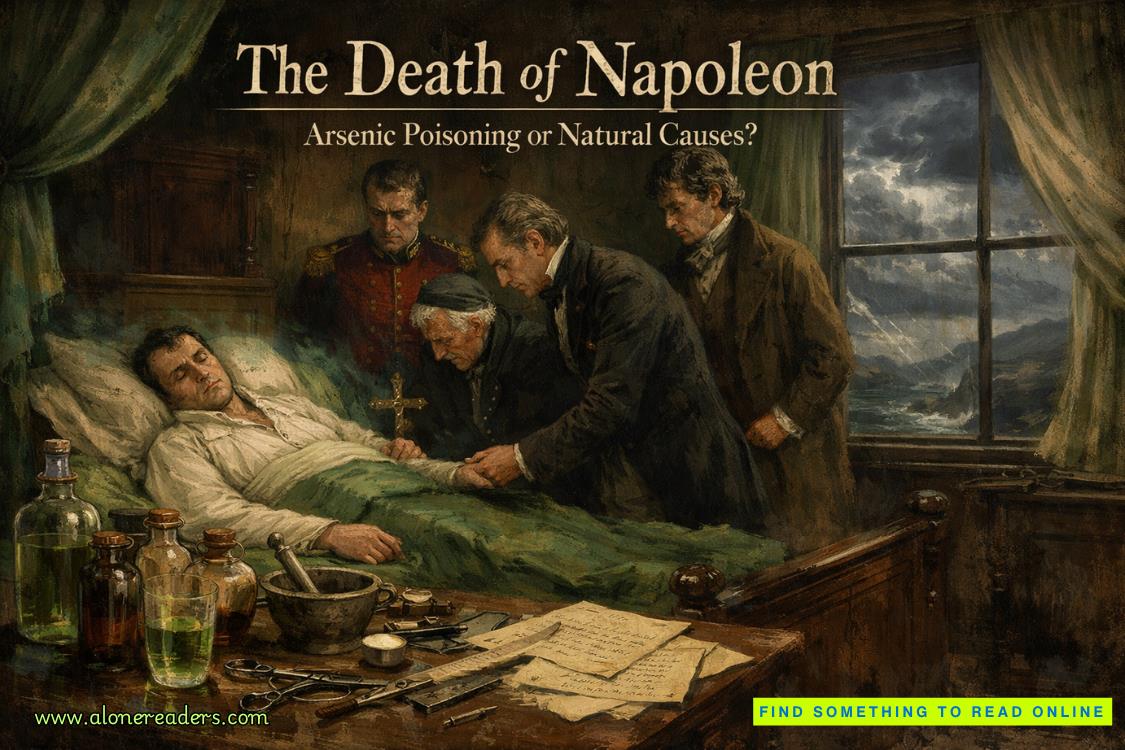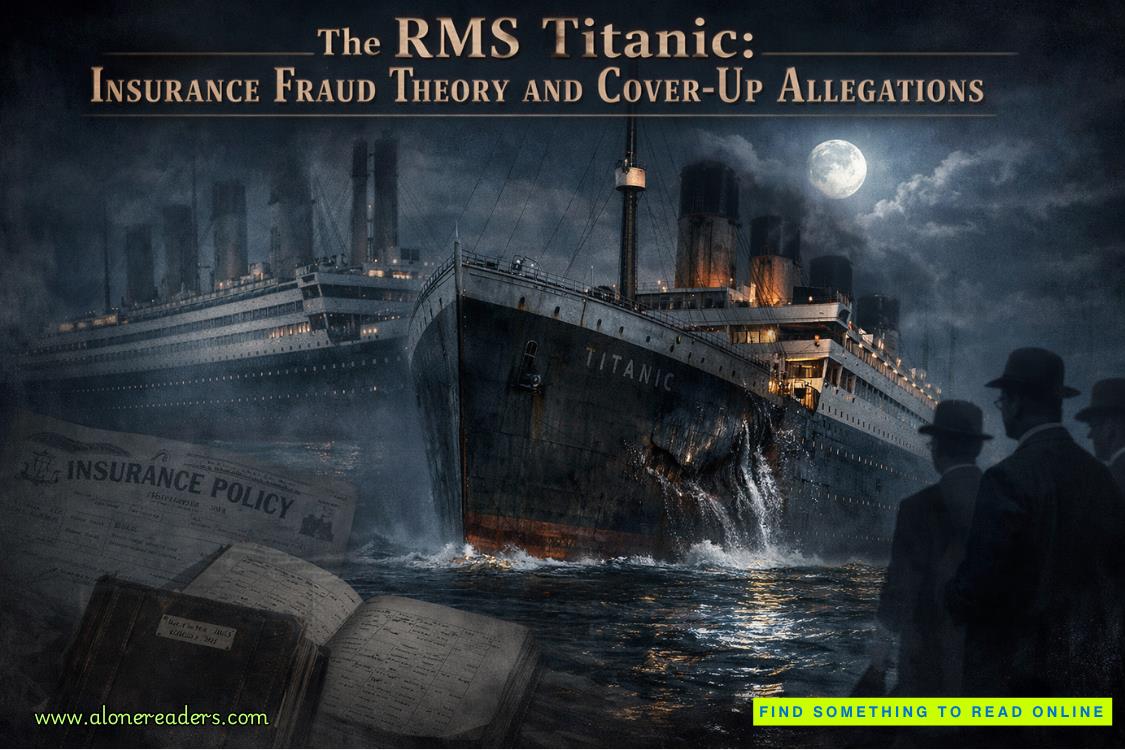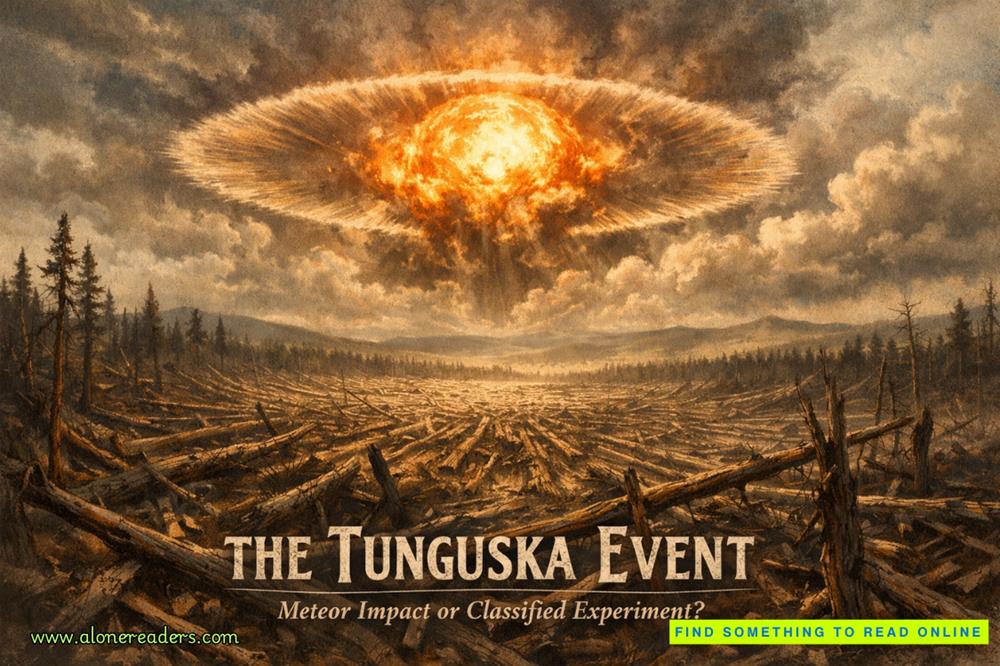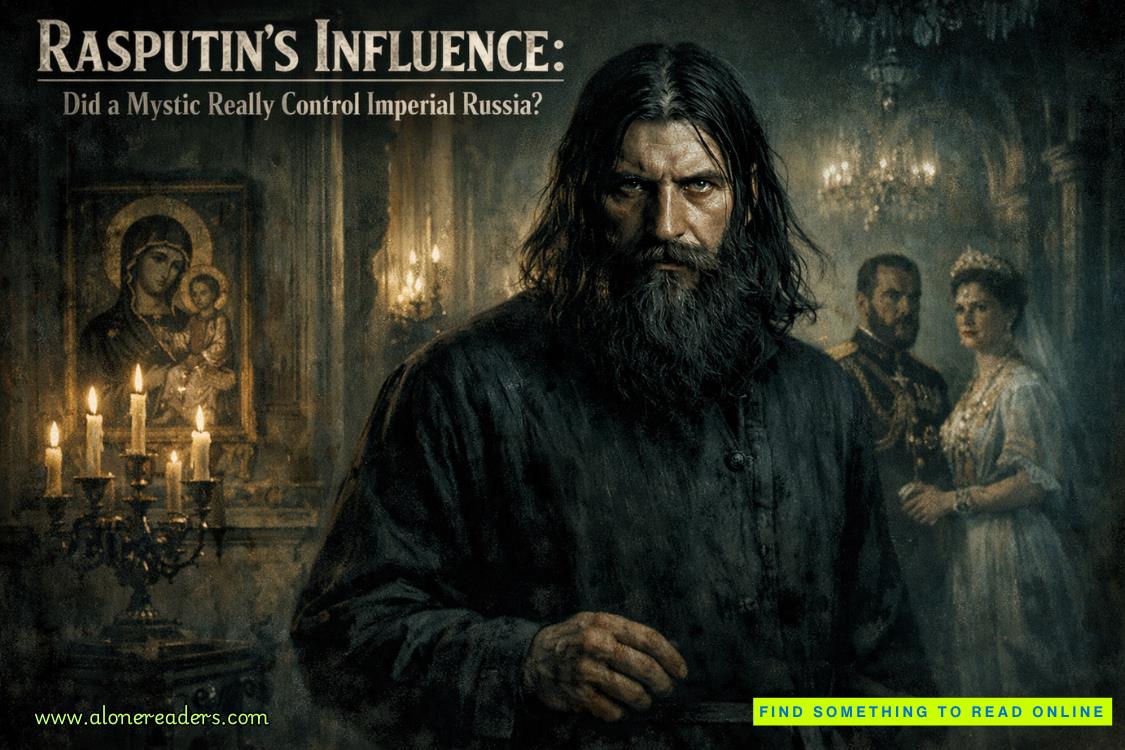CHAPTER ONE
They got it wrong. Tourists from all over the world simply got it all mixed up.
So many people were under the wrong impression when visiting New Orleans. They mistakenly called the entire area around St. Louis Cathedral ‘Jackson Square.’ Only part of it was actually the square. There were these fascinating historical pieces to the area that had significance to the locals.
There were historic buildings, former government buildings, private homes and apartments, so much to observe and learn about. But most got it wrong. The locals knew there was more.
Especially one local.
Jackson Square was just a little over two acres, situated between Chartres Street and St. Ann, and Decatur Street and St. Peter. A simple square with an enormous historical impact.
Most tourists didn’t realize that it also went by the name Place d’Armes. In 1803, this was the site where Louisiana was made part of the United States. Thanks to the Louisiana Purchase, obtained for a steal from the French, the country had nearly doubled in size.
Named Jackson Square after Andrew Jackson, who won the battle of New Orleans in 1815, and later became president, it was the sight of so much history you could feel it in your bones.
At least one person could feel it in her bones.
The Square originally overlooked theMississippi RiveracrossDecatur Street, but the view was blocked in the 19th century by the construction of higherlevees in the hopes of preventing New Orleans from floating downriver. So far, it had worked. To a point, anyway.
On the north side of the square, there were three 18th-century historic buildings, which were the heart of the city in the Colonial era. The center of the three isSt. Louis Cathedral. To its left is theCabildo, the old city hall, now a museum, where the final version of theLouisiana Purchasewas signed. To the cathedral's right is thePresbytere, built to match the Cabildo.
Initially planned to house priests and other church officials, it later became a courthouse and finally, a museum.
The not-so-nice history of the area is much darker, much less romantic. In fact, it’s darn right inhumane.
Place d'Armes was the site for public execution of criminals and rebellious slaves during the 18th and early 19th centuries. After the1811 German Coast Uprising, three slaves were hanged here. The heads of some of the executed rebels were put on the city's gates, reminding everyone that any form of rebellion would be dealt with swiftly and violently.
From the stately southern live oaks, innocent men were hanged, tortured, or murdered simply for want of one thing. Freedom.
The old woman sat on the bench, staring at the trees, and felt a shiver up her spine. It was a cold shiver in spite of the ninety-degree temperatures and high humidity in the Square. In fact, sweat trickled down her back. It was something else.
“I see you,” she whispered. “I see you, and I feel you. If you got somethin’ to say, say it.”
“Are you a witch?” asked the man, suddenly appearing before her. He was young, maybe in his twenties. He was average height and weight, his clothes in tatters. His black skin, hair, and eyes told the woman all she needed to know.
“Some would say yes,” she chuckled. “Others would say I’m a fairy or voodoo. Truth is, I’m none of those things.”
“What are you?”
“A woman who can see and hear ghosts,” she said resolutely.
Two young women walked by, staring at her as she spoke to herself. They wondered if the old woman was crazy but didn’t bother to stop and find out. After all, if she were crazy, what were they expected to do about it?
“Why can I see you and hear you? I’ve tried to get others to hear me, to see me, and it never seemed to work. So why can you hear and see me?” asked the man.
“I’m not sure. Usually that means you need somethin’ and I can help with it.”
“What do I need?”
“I have no idea, child,” she chuckled. He stared at her, frowning, and looked around to see if others were staring at him. This was dark magic indeed. “Have you appeared to others here in the Square before?”
“I don’t think so. I mean, I’ve tried, I think. My memories are very confused sometimes. I do remember that I died here. Or I think I did, but I don’t remember anything. Something is going to happen. Something that will change everything here.”
“I know. I can feel it too,” she said, nodding. “It’s makin’ my bones hurt and my heart ache. It’s big. I just don’t know what it is.”
“What’s your name?” asked the man.
“Irene. Irene Robicheaux,” she said.















